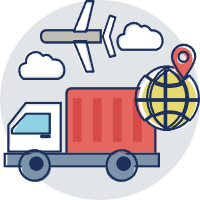Air freight plays a crucial role in global logistics, offering speed, efficiency, and reliability for businesses and individuals alike. In an era where time is a valuable asset, the demand for quick and efficient transportation solutions is higher than ever. Whether you're a manufacturer shipping products overseas, an e-commerce business delivering goods worldwide, or an individual needing urgent delivery, understanding air freight will help you make informed decisions and optimize your shipping processes. This comprehensive guide will cover everything you need to know about air freight, from its workings to costs, benefits, challenges, and future trends.
What is Air Freight?
Air freight, also referred to as air cargo, involves the transportation of goods by aircraft rather than traditional ground or sea transportation. It is a preferred method of logistics when time, security, and efficiency are of the essence. Air freight is often utilized for high-value or time-sensitive cargo, such as electronics, medical supplies, and luxury goods. With a vast network of airports worldwide, air freight connects markets across continents, ensuring global accessibility and streamlined delivery.
Why Choose Air Freight?
Speed and Efficiency
The primary advantage of air freight services is speed. An aircraft can traverse thousands of kilometers in just a few hours, which is significantly faster than sea or ground transportation. This speed is crucial for industries where time is a critical factor, such as pharmaceuticals, electronics, and fashion.
Reliability
Airlines operate on strict schedules, ensuring that goods are transported on time. Delays are less frequent in air freight compared to other transportation methods, making it a reliable choice for critical deliveries.
Global Reach
With major airports located in virtually every part of the world, air freight services offer unmatched global accessibility. Whether you need to ship products to a bustling metropolis in Asia or a remote town in Europe, air freight ensures seamless international shipping.
Security
Air freight cargo handling procedures are rigorous and tightly regulated. Airports around the world have strict security measures in place, ensuring that goods are well-protected during transit. This is particularly beneficial for high-value shipments that require extra safeguarding.
Cargo Flexibility
Air freight offers the flexibility to transport a wide range of cargo sizes, from small parcels to large bulk shipments. Specialized aircraft and freight forwarders can handle various types of goods, catering to diverse transportation needs.
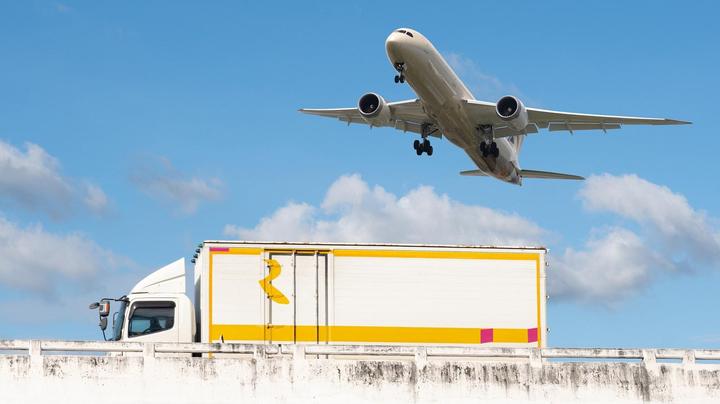
How Does Air Freight Work?
Booking air freight services typically involves working with an air freight forwarder or logistics company. Here’s a detailed breakdown of the process:
Choosing a Service Provider: Selecting a reliable air freight company or freight forwarder is the first step. Look for experienced companies with a strong reputation and global presence.
Packaging: Ensure your goods are securely packed according to airline regulations. Proper packaging minimizes risks of damage and ensures compliance with airline standards.
Documentation: Complete all essential shipping documentation, including airway bills, packing lists, commercial invoices, and customs forms. Documentation is critical for smooth transit and customs clearance.
Customs Clearance: Air freight shipments must pass through customs in the destination country. Work closely with customs agents or freight forwarders who can handle customs procedures efficiently.
Delivery: Finally, after passing customs, the goods are transferred to local delivery services or warehouses for final distribution.
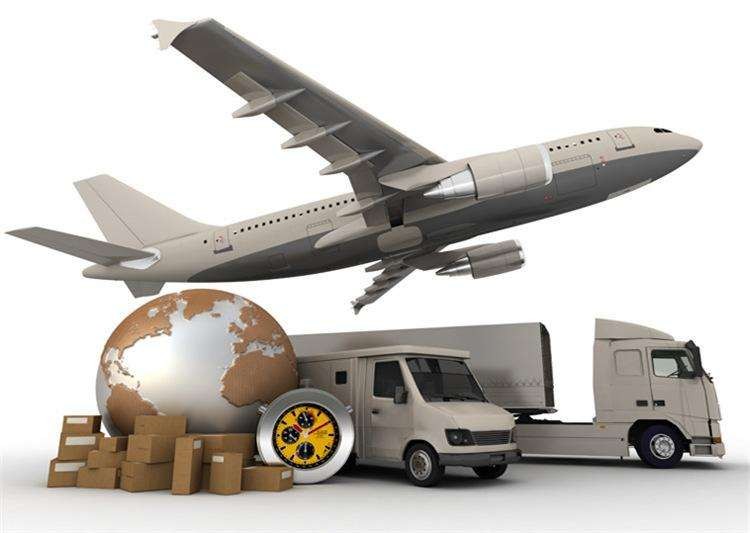
Types of Air Freight Services
1. Express Cargo
Purpose: Prioritizes speed, ensuring goods arrive in the shortest time possible.
Common Use Cases: Time-sensitive shipments, critical supplies, urgent electronics, and medical equipment.
2. Standard Air Freight
Offers a balance between cost and speed. While it's not as fast as express services, it is still faster than sea transportation and more cost-effective than express cargo.
3. Chartered Freight Services
A full aircraft charter provides dedicated cargo space, making it ideal for large shipments that need exclusive use of an entire aircraft.
Common in industries with bulk goods, such as manufacturing, construction, and aerospace.
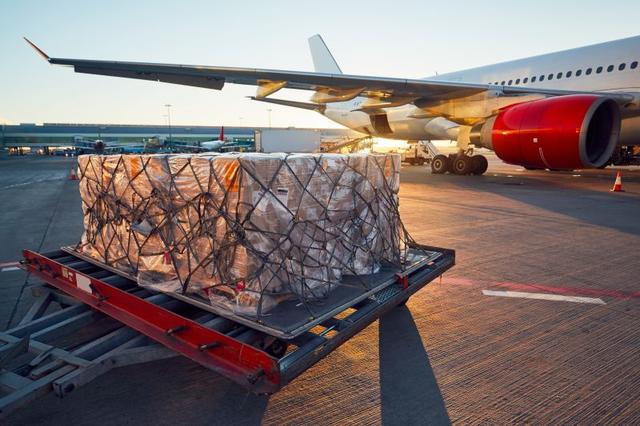
Costs of Air Freight
Several factors influence the cost of air freight transportation, making it important to understand these elements to control expenses effectively.
1. Weight and Volume
Most airlines charge based on dimensional weight rather than actual weight. This means that large but light shipments will be charged differently than small but heavy cargo.
2. Distance
Shipping across longer routes incurs higher costs due to fuel expenses, operational logistics, and longer transit times.
3. Destination Costs
Airports in different regions have varying handling fees, taxes, and infrastructure costs, which can affect overall delivery expenses.
4. Customs Duties and Taxes
Import/export customs duties and taxes vary by country and can add a significant amount to the total cost of air freight. Having a customs agent or freight forwarder handle this process is often advisable.
5. Urgency and Service Type
Choosing faster delivery services or express cargo typically comes with a higher price. However, the cost may be justified by the speed and reliability of delivery.
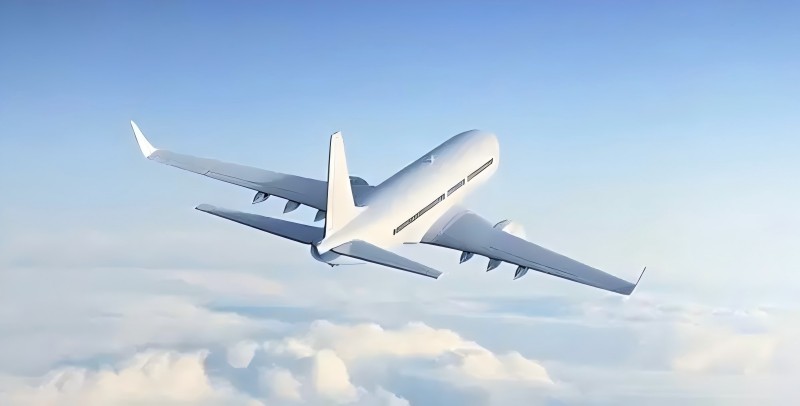
Benefits of Choosing Air Freight
Speed: Rapid delivery across continents, often in just a few hours.
Global Accessibility: A global network of airports facilitates worldwide shipping.
Security: Strict airport handling and customs regulations ensure cargo safety.
Efficiency: A robust network of airlines and logistics partners ensures streamlined operations.
Conclusion:
Choosing air freight services offers speed, global accessibility, and security but comes with challenges like high costs and complex regulations. Whether you're using express cargo shipping, standard air transportation, or a chartered freight service, partnering with a reliable air freight forwarder is crucial for a seamless shipping experience.By understanding the key elements of air freight logistics, costs, benefits, and challenges, businesses and individuals can make informed shipping decisions. Embracing technological advancements and sustainable practices will not only streamline logistics but also prepare you to meet the demands of the modern global marketplace efficiently and responsibly.If you're ready to optimize your shipping process, reach out to a trusted air freight service provider today. Get professional advice and tailor-made solutions to meet your logistics and transportation needs seamlessly.















